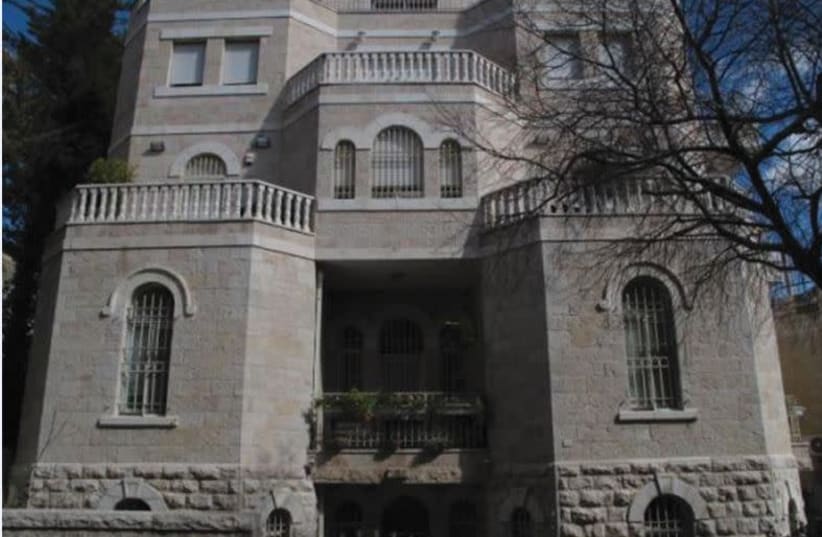GRAPEVINE: Writing in Jerusalem, Honoring the Holocaust
Some 100 years earlier, German poet Heinrich Heine, who was born Jewish but converted to Christianity, wrote that where one burns books, one will in the end burn people.’ It was a fateful prophecy.
